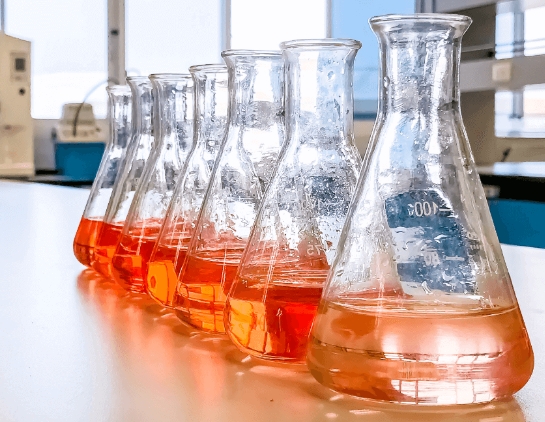In the intricate realm of biology, chemical agents play a pivotal role in orchestrating a multitude of processes that sustain life. From the molecular level to the cellular and organismal levels, these agents act as catalysts, regulators, and mediators, enabling the intricate dance of biochemical reactions. In this article, we delve into the fascinating world of chemical agents in biology, exploring their diverse functions, mechanisms, and significance in understanding the complexities of life itself.
- Defining Chemical Agents in Biology:
Chemical agents in biology refer to molecules or substances that actively participate in and influence biological processes. These agents can be naturally occurring or synthetic, and they encompass a wide range of compounds, including enzymes, hormones, neurotransmitters, and signaling molecules. Their presence and activity are essential for maintaining homeostasis, driving growth and development, and facilitating communication within and between cells. - Catalysts of Biochemical Reactions:
One of the primary roles of chemical agents in biology is to act as catalysts for biochemical reactions. Enzymes, for instance, are highly specialized proteins that accelerate the rate of chemical reactions without being consumed in the process. They achieve this by lowering the activation energy required for a reaction to occur, thereby enabling vital cellular processes such as metabolism, DNA replication, and protein synthesis. The specificity and efficiency of enzymes make them indispensable players in the intricate web of life's chemical reactions. - Regulators of Cellular Processes:
Chemical agents also serve as regulators of cellular processes, exerting precise control over various biological pathways. Hormones, for example, are chemical messengers secreted by endocrine glands that travel through the bloodstream to target cells, where they bind to specific receptors and initiate a cascade of events. These events can include gene expression, cell growth, differentiation, and metabolism regulation. By modulating these processes, hormones ensure the proper functioning and coordination of different organ systems in the body. - Mediators of Cell Signaling:
Cell signaling is a fundamental aspect of biological communication, allowing cells to respond to external stimuli and coordinate their activities. Chemical agents, such as neurotransmitters and signaling molecules, play a crucial role in mediating these signaling processes. Neurotransmitters transmit signals across synapses in the nervous system, enabling the transmission of information between neurons. Signaling molecules, on the other hand, can be released by cells to communicate with neighboring cells or distant tissues, influencing processes like immune responses, inflammation, and tissue repair.
Conclusion:
Chemical agents in biology are the unsung heroes behind the scenes, orchestrating the intricate symphony of life. From catalyzing biochemical reactions to regulating cellular processes and mediating cell signaling, these agents are indispensable for the functioning and survival of living organisms. Understanding the roles and mechanisms of chemical agents in biology not only deepens our knowledge of life's complexities but also holds immense potential for developing novel therapeutic interventions and advancing various fields of research. Embracing the wonders of chemical agents in biology allows us to unravel the mysteries of life itself.
